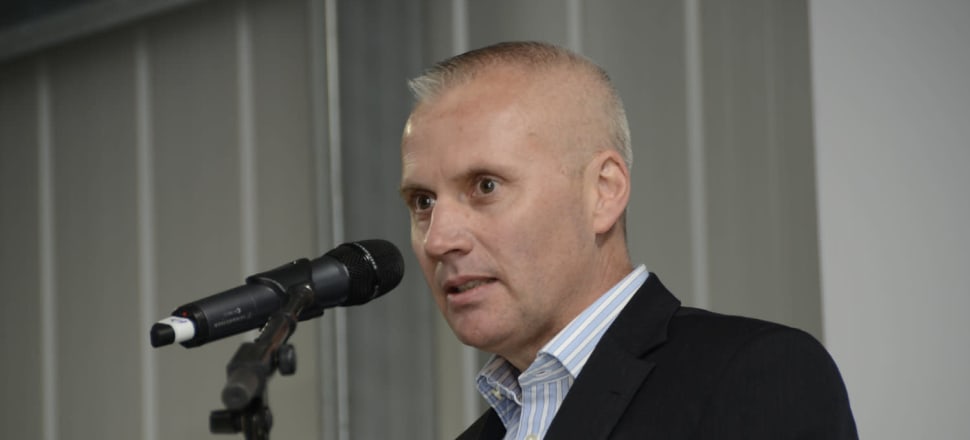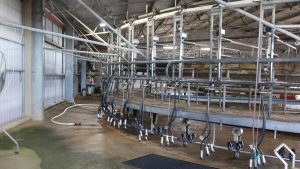
He was speaking at an online forum organised by the Australian Dairy Conference, in lieu of the cancelled ADC event.
Dairy processors were questioned about how they were responding to China’s posture on trade with Australia.
“We have discovered the value of Oceania-sourced dairy during COVID,” Mr Dedoncker said.
“Unlike the Northern Hemisphere, which have a bias to cheese and foodservice, we found our North Asian export markets have recovered fast and our ability to service that in the last 12 months (which took a dip) came back strongly.
“China clearly has been a hiccup for some, particularly if you have a nutritional bias.
“The informal Daigou channel (Chinese nationals wrapping up product in suitcases and sending them home) dried up completely into China.
“Having a diversified business and one that can pivot quickly is critical.”
Mr Dedoncker said the challenges in China were forcing producers to re-assess their reliance on a small number of markets.
“If you are building a business on the basis that we will have a predictable relationship, you need to revisit that.”
He noted that China’s appetite recently on the Global Dairy Trade has been “pretty ferocious”.
Mr Dedoncker acknowledged there had been some international trade tensions, which producers need to think about, particularly from China.
“Now is time to create stability and to leverage the diversity we have in this country.”
Australian Dairy Productions Federation chief executive officer Grant Crothers said there was a real risk in China.
“China is a valuable market and it is becoming a politicised market,” Mr Crothers said.
“Our members have seen headwinds since 2018 when the first round of nutritional regulation came in.”
Exports of infant formula have plummeted, down about 60 per cent over the past two years.
“Australia holds only about four per cent market share of all infant formula,” Mr Crothers said.
“It is an example of exclusion from a valuable market … that regulation is preventing.
“It’s a market, not the only market.”
Bega Cheese executive chairman Barry Irvin also acknowledged the geo-political tensions, but he said Japan remained the biggest market.
“There is a consumer trend change in China around nutritionals and infant formula,” Mr Irvin said.
He said the trend towards favouring Australian product was occurring in China as well as other parts of the world.
“Apart from infant formula, our business into China has grown.
“The thing I fear is not so much geo-political tension between China and Australia, it is that tension expanded to Europe, to the US and other places.
“We experienced the worst of that when sanctions were introduced against Russia and the second biggest market closed down for much of the world.”























